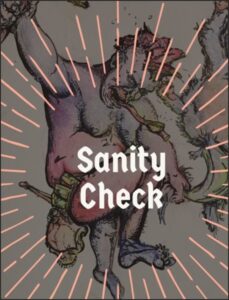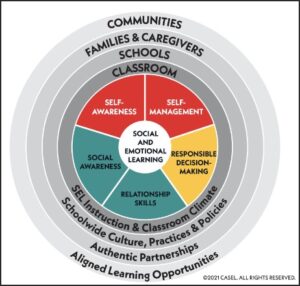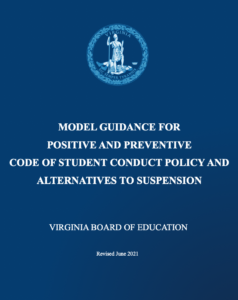by James A. Bacon
In the latest sign of spreading social disorder, Virginia underwent a plague of school hoaxes yesterday. According to media reports, incidents included:
- The Loudoun County sheriff’s office and Leesburg police were notified of acts of violence at Loudoun Valley and Loudoun County high schools. The reports were false.
- In Arlington County, officers responded to a false report in a 911 call of a possible act of violence at Washington-Liberty High School.
- The Culpeper County school system placed all schools on lockdown after a 911 caller reported an “active shooter.”
- A 911 caller told the Charlottesville police that there was an active shooter at the Charlottesville High School. (Eleven days ago, Albemarle County police had responded to a threat to Western Albemarle High School made through social media.)
- E.C. Glass High School in Lynchburg was placed on lockdown after a 911 caller alerted authorities to someone potentially being inside the high school with a gun.
There’s nothing new about shooting and bomb hoaxes. What is new is the epidemic-like frequency with which they are occurring. Apparently, the practice of reporting violent incidents in school buildings has reached such a critical mass that it now has a name — swatting. Continue reading

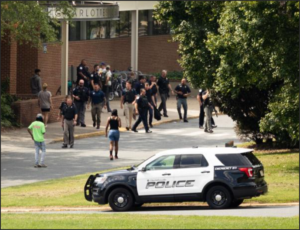
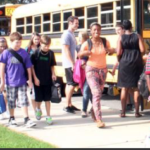
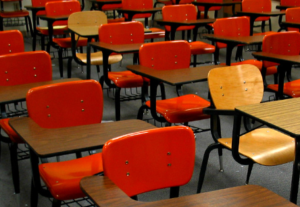 by James C. Sherlock
by James C. Sherlock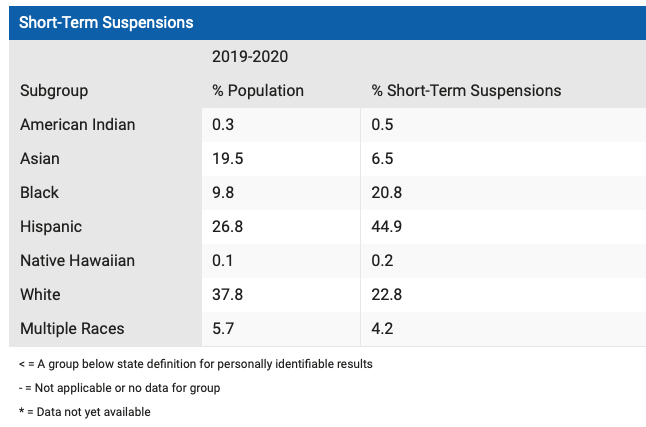
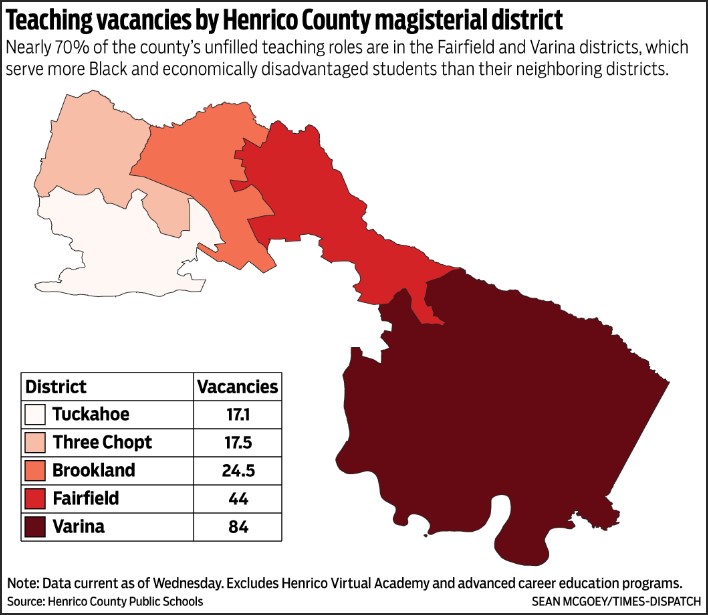
 by James C. Sherlock
by James C. Sherlock
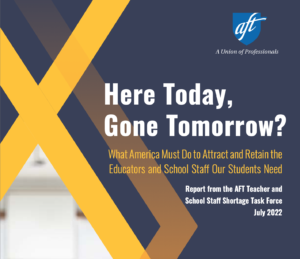 by James C. Sherlock
by James C. Sherlock

 by James C. Sherlock
by James C. Sherlock